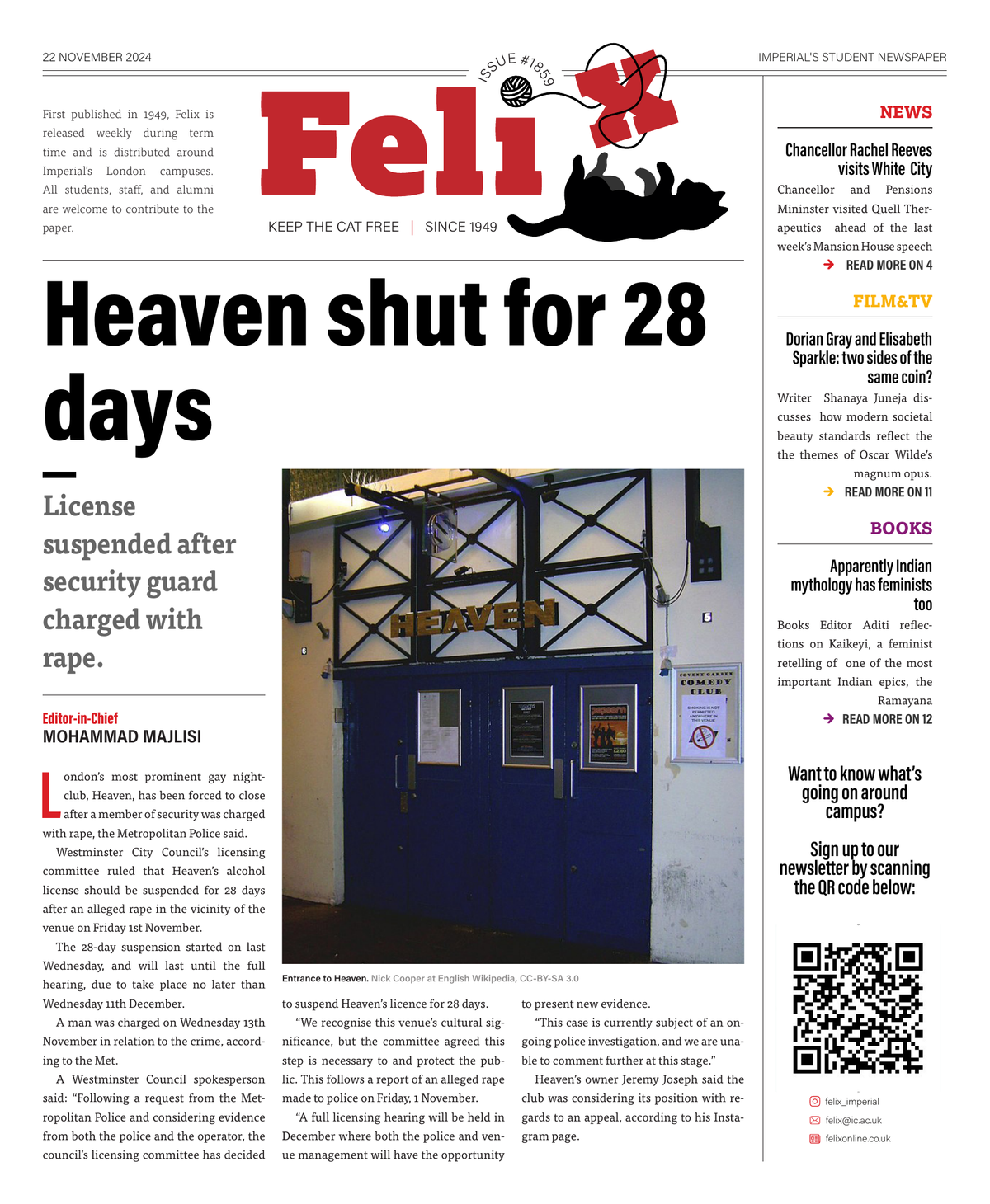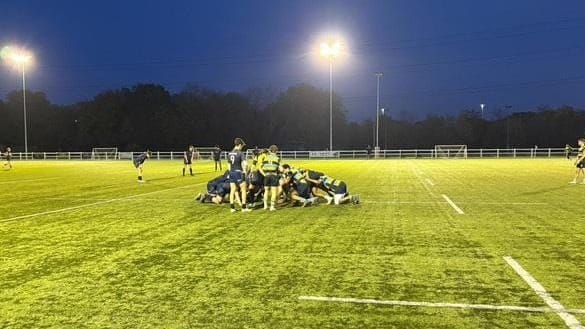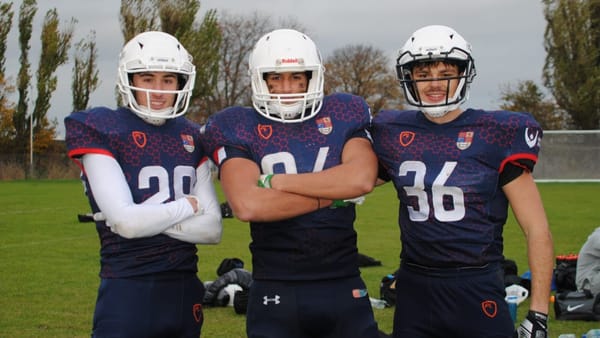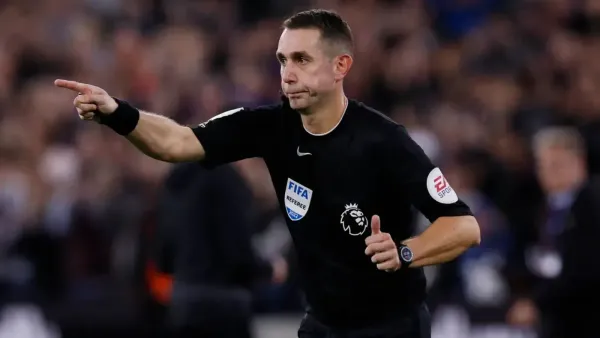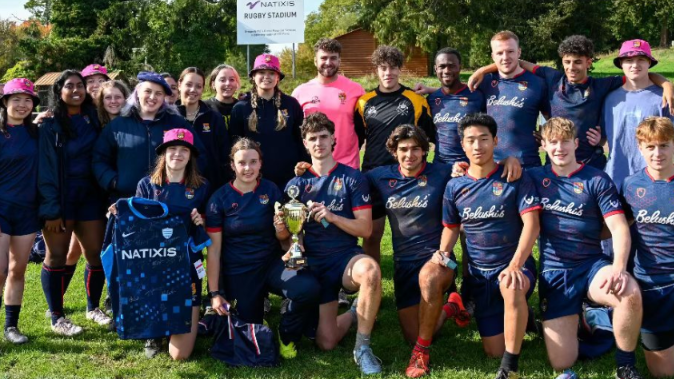Can you Baleba it?
City lose four on the bounce. Let’s discuss how their latest loss came to be.
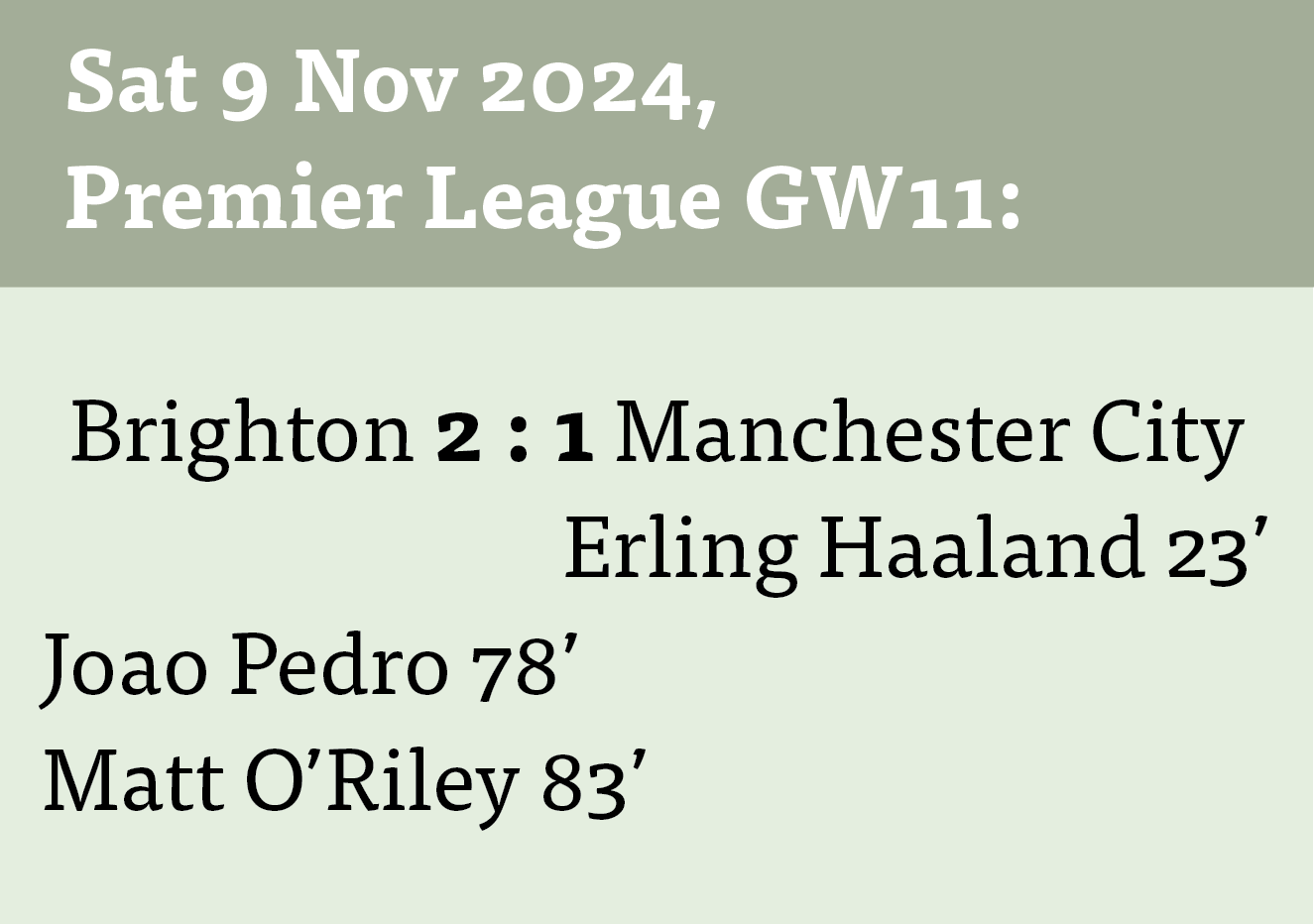
The first half was mostly in Manchester City’s control. Guardiola’s side set up in a characteristic 4-1-4-1 formation, allowed them to dominate the midfield. Brighton, on the other hand, started in a 4-4-2 shape, which caused them issues. Brighton’s Hinshelwood and Ayari’s pivot was overcome by Manchester City Kovacic, Gundogan, and Foden’s midfield three, with the extra midfielder consistently causing a numerical advantage in the middle of the pitch, creating overloads that Brighton struggled to cope with. This led to Haaland’s goal.
One of the standout performers in this phase was City’s Phil Foden. Though normally playing as a wide midfielder, Foden frequently drifted inside, further stretching Brighton’s midfield pivot. This movement created space for City’s full-backs to push forward, so Brighton found themselves pinned back for long stretches of the first half.
The game transformed in the second half with the introduction of Brighton’s Carlos Baleba, a young Cameroonian defensive midfielder coveted by top European clubs. His impact was immediate.
Baleba provided a series of key contributions:
- Winning ground duels: Despite playing only 45 minutes, he won more ground duels than anyone else on the pitch. His physicality allowed Brighton to compete effectively in central areas. With an injured Rodri, who I have written about too much in the Sports section of this newspaper, this was even easier.
- Resisting City’s pressure: City’s pressing traps, usually devastating, were neutralised by Baleba’s composure. In multiple instances, he turned right through a well-structured press. Additionally, City’s own counter-pressing was very poor.
- Foden and Gundogan: Unlike the first half, where Foden and Gundogan found space to operate between the lines, Baleba’s athleticism mitigated this.
Upon winning the ball back, Baleba delivered a perfectly weighted pass that cut through City’s line. This led to Brighton’s second, winning goal.
Despite Brighton’s brilliance, City created problems of their own – present in all their four losses. Much of their struggles in the second half stemmed from the absence of Rodri. Without him, City lacked physicality and positional awareness. In this instance, Kovacic and Gundogan were overrun. As their hold on the game lessened, Ederson’s worsening distribution compounded their problems.
In the first half, Ederson’s passing was as precise as he is famed for, finding progressive positions. However, as Brighton wrestled back control, his passing became erratic. Without Rodri to provide reliable cover, these passes frequently resulted in turnovers. Baleba capitalised on this repeatedly, winning second balls and driving Brighton forward.
Shape is proving to be a problem for City as well. Guardiola’s side has been playing in a 3-2 buildup shape when in possession, and this is proving to be an issue in transition. Injuries and inexperience of players coming in have resulted in a lack of reorganisation upon loss of possession. The Seagulls consistently bypassed City’s midfield and targeted their inexperienced backline, forcing errors under pressure. Their first goal was the result of an advanced passing network to target this 3-2 shape.
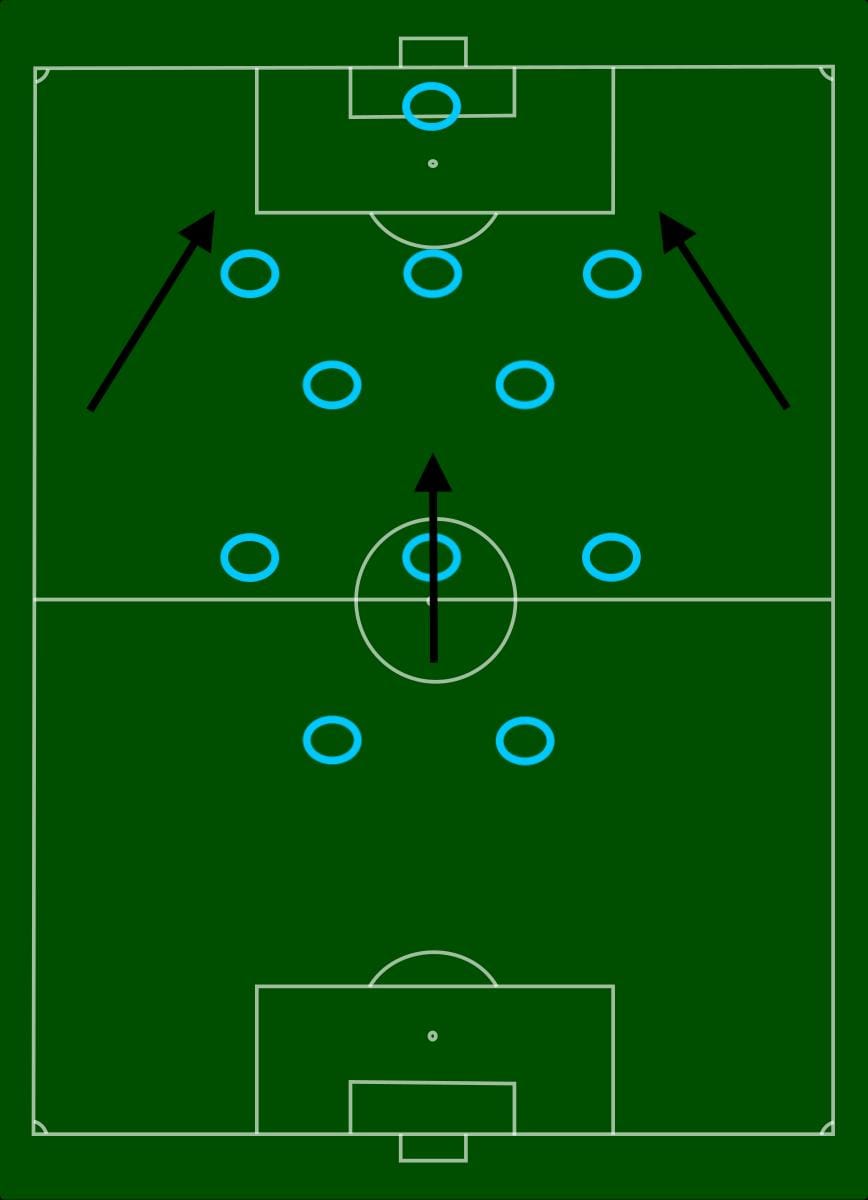
This is a concerning trend for City. Opponents are beginning to find ways to counter their 3-2 in-possession shape during transitions. Teams like Brighton have shown the courage to press high and engage in physical battles, disrupting rhythm. Dynamic, box-to-box, brave midfield play has been exploiting City’s vulnerabilities. Brighton had Baleba, Sporting had Hjulmand, Bournemouth had Cook, and Spurs had Sarr.

